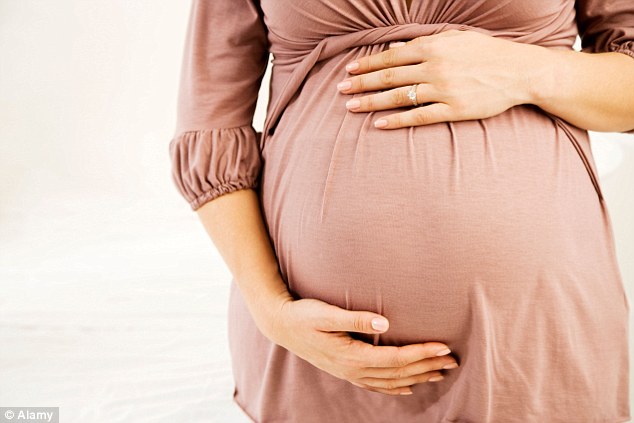-
Tips for becoming a good boxer - November 6, 2020
-
7 expert tips for making your hens night a memorable one - November 6, 2020
-
5 reasons to host your Christmas party on a cruise boat - November 6, 2020
-
What to do when you’re charged with a crime - November 6, 2020
-
Should you get one or multiple dogs? Here’s all you need to know - November 3, 2020
-
A Guide: How to Build Your Very Own Magic Mirror - February 14, 2019
-
Our Top Inspirational Baseball Stars - November 24, 2018
-
Five Tech Tools That Will Help You Turn Your Blog into a Business - November 24, 2018
-
How to Indulge on Vacation without Expanding Your Waist - November 9, 2018
-
5 Strategies for Businesses to Appeal to Today’s Increasingly Mobile-Crazed Customers - November 9, 2018
MPs say “shocking treatment” of pregnant women must stop
Women in United Kingdom workplaces should have similar protections to those adopted by Germany in a bid to counter a “shocking” increase in pregnancy discrimination over the past decade, MPs have argued.
Advertisement
The MPs say that although women are legally protected against discrimination by their employer because of pregnancy or maternity, the law is complicated because protection may vary according to a woman’s employment status and length of service.
Changes to health and safety practices and preventing discriminatory redundancies are among the recommendations from the Women and Equalities Committee report.
Professor Caroline Gatrell from Lancaster University Management School, and an expert on parental discrimination in the workplace, said the findings of the WEC report were “not a surprise”.
The Women and Equalities Committee has called for “urgent action” to stop discrimination against new and expectant mothers at work.
The government said it would consider the recommendations carefully.
And Mrs Miller, who chairs the committee, expressed her disbelief at the “shocking” figures, while recommending that the United Kingdom change the law to give new and expectant mothers additional protection from redundancy.
The number of expectant mothers forced out of their jobs each year has nearly doubled in the past decade from 30,000 in 2005 to 54,000, figures from the Equality and Human Rights Commission show.
“There are now record numbers of women in work in the United Kingdom”, committee chair Maria Miller said in a statement. The economy will suffer unless employers modernise their workplace practices to ensure effective support and protection for expectant and new mums. It needs to set out a detailed plan outlining the specific actions will take to tackle this unacceptable level of discrimination. “This work must be underpinned by concrete targets and changes to laws and protections to increase compliance by employers to improve women’s lives”.
In Germany, employers can only dismiss a female worker for reasons relating to having a child in very rare cases, such as if a company goes bust, and require the Government’s approval to do so.
Maria Miller commented: “We heard concerning evidence about the experiences of pregnant casual, agency and zero hours workers”.
They do not have to work after 8pm or on Sundays and do not have to do overtime.
EHRC deputy chair Caroline Waters said: “This important report shines a light on an issue of increasing concern”.
Business minister Margot James said: “Discrimination in the workplace is illegal with clear rules and regulations in place which every employer must follow”. Targeting flexible contracts that pregnant women and new mothers may prefer would be counter-productive’. “Pregnancy discrimination is commonplace and it occurs regardless of occupational status”.
Advertisement
“The introduction of tribunal fees has been a gift for Britain’s worst bosses and allowed them to get away with mistreating pregnant women and working mums”.





























